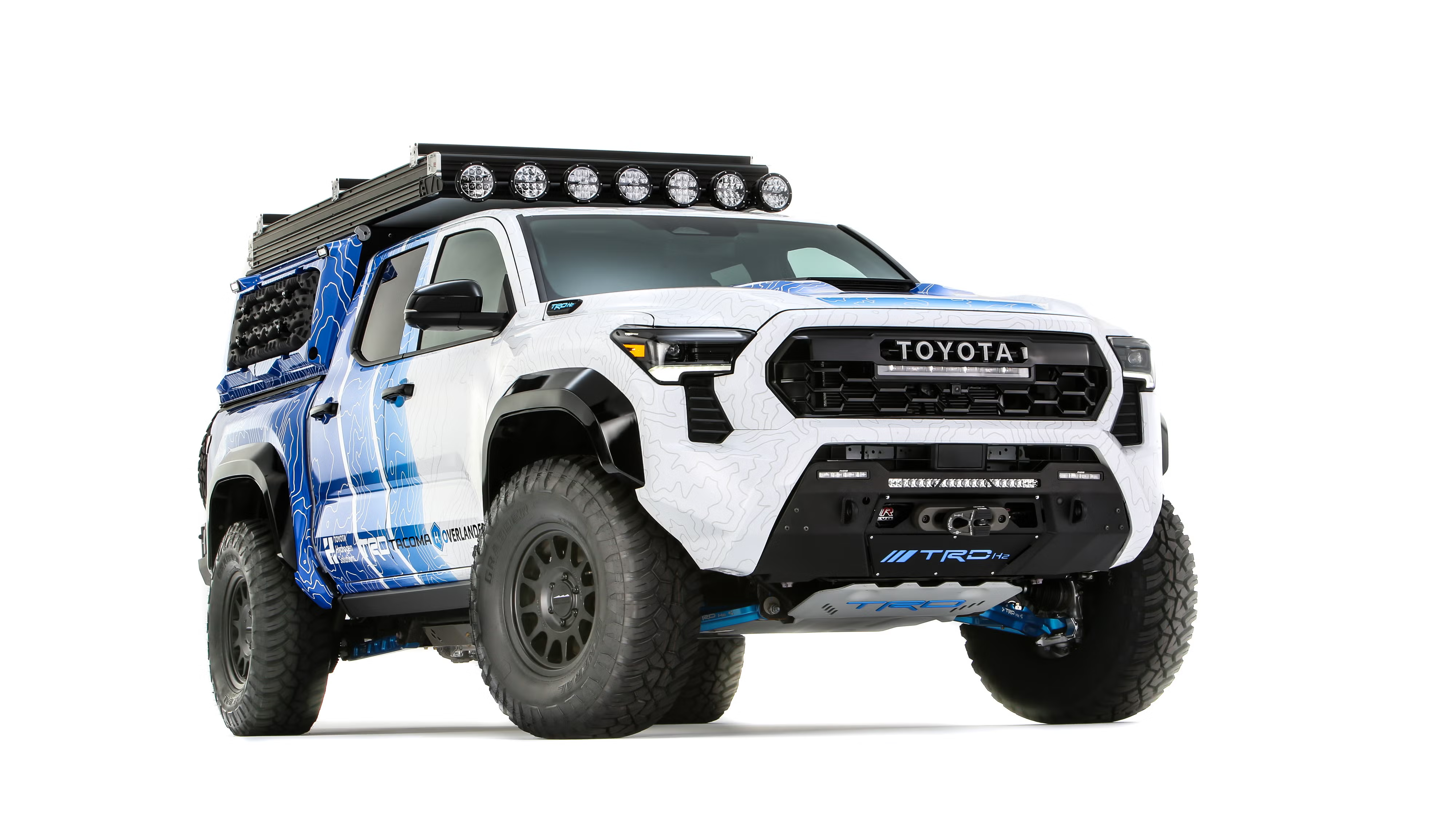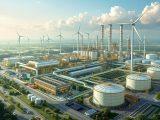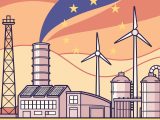
Toyota Unveils Tacoma H2-Overlander Concept at SEMA 2025 with Hydrogen Fuel Cells
November 4, 2025At this year’s SEMA Show in Las Vegas, Toyota unveiled the Tacoma H2-Overlander Concept, a one-off pickup that borrows its hydrogen fuel cells from the Mirai sedan. From November 4 to 7, it showed how sustainable energy can tackle serious overlanding challenges without a drop of exhaust. It’s not street legal—warranties are void and all the usual concept disclaimers apply—but it offers a clear glimpse into Toyota’s push for fuel cell technology and zero-emission technology in heavy-duty settings.
Key Insights
- Adaptation: The concept repurposes the Mirai’s powertrain for off-road use, showing how versatile hydrogen fuel cells can be.
- Self-sufficiency: Onboard water filtration and bed-mounted EV charging ports boost its off-grid credentials.
- Carbon-neutral strategy: It reinforces Toyota’s multi-pathway approach—ICE, HEV, PHEV, BEV, FCEV—all driving toward zero-emission technology.
- Infrastructure gap: Without expanded hydrogen infrastructure and stronger policies, even the coolest concept can’t leave the show floor.
A Legacy of Clean Mobility
Since the Prius debuted in 1997, Toyota has been a frontrunner in green drivetrains. The 2014 Mirai sedan brought fuel cell technology into the mainstream, and Toyota uses shows like SEMA to test ideas before production. Past concept trucks have influenced future models, so bits of the H2-Overlander could sneak into commercial off-road or work-focused variants. This truck hints at how sustainable energy might power true adventures with hydrogen fuel cells.
Technical Highlights
The Tacoma H2-Overlander packs the Mirai’s 114 kW fuel cell stack, tuned for low-speed torque, plus hydrogen stored at 10,000 psi for a range similar to its gasoline sibling. Key features include:
- Water Recovery System: Captures exhaust condensate and filters it into drinking water.
- Portable EV Charging: Two bed outlets deliver up to 6 kW for devices or camp gear.
- Enhanced Chassis Tuning: Upgraded suspension, skid plates, and underbody reinforcements protect the fuel cell technology components off-road.
As a concept, it still needs safety certifications, emissions testing, and durability trials before it can hit public roads.
Strategic Takeaway
The H2-Overlander highlights Toyota’s strategy of running multiple decarbonization paths—gas engines, hybrids, PHEVs, BEVs, and fuel cell technology—to meet diverse markets and regulations. In the U.S., where Toyota employs around 48,000 people across 11 plants, it aligns with new EV battery assembly in North Carolina.
Debuting at SEMA can:
- Ignite aftermarket interest in hydrogen fuel cells for specialty vehicles.
- Spotlight gaps in our hydrogen infrastructure and the need for policy support.
- Show investors and suppliers that zero-emission technology works off-grid.
Remember, it’s not street legal; any DIY version would likely void warranties and face strict regulatory hurdles.
Outlook
The Tacoma H2-Overlander could be a preview of how hydrogen fuel cells decarbonize sectors beyond overlanding—think mining, forestry, and remote sites that can’t plug in. Programs from the Toyota USA Foundation are vital for training the engineers, policy-makers, and early adopters to turn prototypes into practical solutions.
Ultimately, this concept sparks conversations. If hydrogen costs fall and investments in hydrogen infrastructure pick up, fuel cell technology could shift from concept to reliable, zero-emission technology workhorse. Local green hydrogen hubs and microgrid pilots could further accelerate adoption, ensuring even the most remote operations have access to clean fuel.
About Toyota Motor Corporation
Toyota Motor Corporation, founded in 1937, is a global leader in automotive innovation and sustainable energy. With nearly 70 years in the U.S., it employs about 48,000 people across 11 plants. From the Prius hybrid to the Mirai fuel-cell sedan, Toyota’s embraced multiple pathways to carbon neutrality. In 2025, they started EV battery assembly in North Carolina, underscoring their commitment to zero-emission technology.



 With over 15 years of reporting hydrogen news, we are your premier source for the latest updates and insights in hydrogen and renewable energy.
With over 15 years of reporting hydrogen news, we are your premier source for the latest updates and insights in hydrogen and renewable energy.